
Maqsoom Ahmad
CACHE Level 3
Hi, I am from Pakistan. I have done CACHE Level 3. I had a great experience with Taito. Thank you so much.
The Master of Business Administration (MBA) in Occupational Health and Safety program offers a comprehensive curriculum that prepares students to become effective leaders in the field. The program consists of core modules and specialization modules that cover a wide range of topics relevant to occupational health and safety management.
In the core modules, students will gain a solid foundation in key areas of business and management. They will learn about organisational theory, leadership, teamwork, and coordination, with an emphasis on understanding the factors that motivate employees and promote engagement. The specialization modules in the program concentrate on occupational health and safety management.
By the completion of the program, graduates will be equipped with the knowledge and expertise to effectively manage occupational health and safety in various organisational settings, making a positive impact on employee well-being and organizational success.
of graduates said they got a good return on their investment
of alumni recommend Exeed College
of learners acquired valuable employment skills
of graduates opined about quicker career advancement
Source: Student satisfaction survey 2021

CACHE Level 3

CACHE Level 5

This module is designed to inform and help the students, gain adequate awareness of the various aspects of teamwork, coordination and leading in the organization. One of the most essential requirements in any organization is the skill to get the work done from the people and be an inspiration that keeps the people going. This course hence covers various aspects of leadership, will discuss the reasons of lack of motivation in the team and tips for communicating and leading in a way that the employees are not only inspired but remain engaged in the organization. The learners will also gain in-depth insights about cooperation and various cultural value orientations.
Learning Outcomes
LO1: Critically review and analyse the framework of leadership and consider the nature, strengths, and weaknesses of the various approaches: traits; functional; behavioural; style; contingency. The continuum of leadership behaviour should be explored in some depth with consideration of the factors determining the chosen leadership style.
LO2: Define “cooperation” and discuss the concept of cultural value orientations.
The core concepts that have been covered up in this module relate to the strategical aspects of the company. The learners will be able to understand about the strategic management and various skills that are required by a leader or the top-level management in order to attain the vision and mission of the firm. This module is focused giving enough knowledge to the learners about the strategy formulation and implementation process. Furthermore, it is also focused on various changes that an organization can bring in based on the current market situations. These changes are inevitable and hence the module will prepare the learner with choosing the right types of leaders to implement right strategies in the times of changes.
Learning Outcomes
LO1: Define “Strategic Management” and discuss how knowledge and skills in leadership and strategic management support the creation and achievement of organisational vision and strategy.
LO2: Evaluate the significance of strategy when initiating effective change management in an organisation. Furthermore, analyse the impact of strategy on leadership and human behaviour in the organisation.
The module has been structured to make the learners aware about the concept of communication in the workplace. The only thing that connects one person with the other is the communication. Verbal or non-verbal, it is the communication that helps people comprehend the objective or agenda of the conversation. As simple as the concept looks, when the communication becomes a part of professional outlook, it has to be understood very clearly. Hence, the main focus of this module will be to uncover the details about workplace communication, its modes, and barriers. Following the understanding of the basics of the concept, the learners will be made aware about the organizational structures and different management styles and its link with the organizational communication. Lastly, the module will be completed by enlightening the learners about the technology and its influence on managing the workplace communication effectively.
Learning Outcomes
LO1: Define Managerial communication. Critically evaluate the effectiveness of communication within an organisation by reviewing the principles and barriers in workplace communication.
LO2: Analyse different models of workplace communication and review the impact of organizational structures and leaders on the workplace communications. Discuss the type and influence of technological advancement in managerial communication.
Technology and Operations Management provides a comprehensive overview of technology utilization to drive a competitive advantage for company operations. Learners explore various technology solutions for business process automation, including value proposition analysis across organization functions.
You’ll also analyze how technology can be leveraged to improve product development during the four lifecycle phases. The course provides a detailed overview of the impact of technology on various operating models such as manufacturing, supply chain management, customer-facing, product development, and support functions (e.g., HR and finance).
Learning Outcomes
LO1: Analyse the various tools, techniques and apply suitable tools and techniques in different alternative scenarios of Operations Management
LO2: Demonstrate operations strategy in a domestic and global context and evaluate how the use of technology has impacted operational functions.
This course offers you a basic introduction to postgraduate research to understand how evidence is used for decision-making. By exploring scholarly literature you will become familiar with the objectives and importance of quality research, and the methods of data collection using descriptive statistics and processes involved in carrying it out. Understanding research and the processes involved in conducting, designing, reporting, interpreting, and evaluating research is of paramount importance to success in postgraduate study.
Learning Outcomes
LO1: Understand how to critically analyze business data in an organizational decision-making context.
LO2 Demonstrates an ability to produce appropriate graphical and numerical descriptive statistics for different data types and use it for decision-making.
This module supports strategic decision makers and operational managers in international and domestic markets to manage successful logistics across their business. It demonstrates the concepts of supply chain in detail and helps in exploring the relationship of the same with the business objectives. Logistics and procurement which are the crucial area of any business firm, are also understood through the learnings of this module. This course will give the learners an opportunity to gain a detailed outlook on various logistics drivers and the ways in which companies can make their supply chain a factor of competitive advantage.
Learning Outcomes
LO1: Understand the relationship between supply chain management and organizational business objectives.
LO2: Understand the role of logistics and procurement in supply chain management.
The Economics course explores basic economic principles (theories and applications) that are relevant to the business core in the MBA program. This course is about learning to think like an economist and amassing the tools necessary to do so, including the study of microeconomics and macroeconomics.
Course objectives are to learn the determinants of market demand and supply and how economists model markets; to examine production and cost analysis; to learn how firms manage in competitive and monopolistic environments; to study strategic firm behavior, including basic game theory, entry and deterrence, collusion and cooperation, and bargaining; to develop an understanding of information, auctions, and incentives; to analyze gross domestic product and its components as well as monetary policy and the supply and demand for money; and to provide a strong foundation for understanding the business cycle.
Learning Outcomes
LO1: Critically analyze the knowledge economy and the various drivers of economic changes which impacts business activities.
LO2: Demonstrate how macroeconomic and microeconomic objectives impact business growth.
This collection of stackable topics introduces the fundamental principles of modern strategic thinking and the basic tools of strategic analysis, building your capability to outline a meaningful future direction for an organization. Recognizing the nature of organizations as complex open systems, this course offers an integrative, practical perspective on strategic thinking and puts forward a view of Strategic Management as guided emergence.
Learning Outcomes
LO1: Evaluate the role and contribution of the integrative thinking approach in leadership.
LO2: Analyze the role of strategic thinking in strategic management to critically evaluate the relationship between strategy, stakeholder expectations and organizational performance
This module is a critical module to for the learners to explore the concepts of human resource in the company. Any organization can work effectively and efficiently when the people in the company are working in harmony and utilizing their team management skills. Since globalization, the world has become a smaller place where people can easily cross the national borders and move to international borders to gain more experience and grow more. The content of this module will hence highlight the international human resource management concept. A part of this content is focused on the core role of the human resource management department which is monitoring and supporting the workforce. This course will be termed as fully completed as and when the learner will understand the importance of motivation by learning different types of motivation and the time to use them to solve the issues in the organization especially the international organizations.
Learning Outcomes
LO1: Discuss IHRM. Identify some of the key HRM challenges facing organisations working internationally with diversified workforce.
LO2: Analyse the ways in which organizations monitor and support people in the workplace. Demonstrate an understanding of importance of motivation within groups and teams. Further exploring the types of motivation and using motivation to solve problems.
Today’s managers must necessarily concern themselves with ethical issues because unethical behavior creates legal risks and damage to businesses as well as employees and consumers. Business ethics have become an integral part of business education in general. A student or manager who is well-versed in ethical behavior in practices, not only in the domestic market but internationally, will find him or herself better prepared to deal with issues or situations that may arise that don’t always involve easy answers or decisions. This course introduces the importance of ethics in business. Students focus on the significance of ethics to stakeholders; examine who bears responsibility for monitoring ethics; and explore ethical situations common in organizations.
Learning Outcomes
LO1: Understand and evaluate business ethics theory & corporate social responsibility of various organizations and its influences on ethical decisions.
LO2: Critically evaluate the issues in business ethics and their potential effect on personal, managerial, and corporate decisions in the global context.
This module introduces the main areas of Enterprise Risk Management. This module also covers Risk Management processes and strategies. Numerous case studies from various business sectors will illustrate the increasing importance of Enterprise Risk Management.
Learning Outcomes
LO1: Understand and analyse the issues involved in the risk management of an enterprise.
LO2: Critically evaluate organisational imperatives for the Risk management process.
LO3: Examine the relationship between corporate governance, internal control and Risk management.
LO4: Critically examine the overall stages of Enterprise Risk management process.
This module has been designed to foster a strong safety culture by disseminating safe behaviours throughout the organisation, with a strong focus on leadership development at all levels.
Learning Outcomes
LO1: Understand the importance of leadership for improving health and safety performance.
LO2: Critically analyse the Health and Safety leadership models for effective health and safety leadership.
LO3: Understand the impact of leadership on team cohesion and functioning in health and safety sector.
LO4: Examine the relevance of quality management and various quality management models.
The purpose of this module is to give learners an opportunity to integrate all the knowledge from their programme of learning by developing a project in which they plan and implement a new product, service or process. Learners need to take a full and active role in all aspects of the project, and the selection of an appropriate management issue is crucial to success. Learners will cover a full range of management activities and roles, including resource and people management and implementation of change. The result needs to be a substantial report in a style appropriate for consideration by senior management.
Learning Outcomes
LO1: Understand how to develop project specification, schedule, control, and evaluation of project work, with use of different project management tools.
LO2: Understand communication planning and management within a project context.
LO3: Understand Project Management strategies and practices in a global context.
LO4: Be able to implement and evaluate the outcomes of a project.
The module has been designed to enlighten the learners about research. Understanding, evaluating, and analysing a concept can be critical to decision-making. Therefore, this course and its content will expose the learners to various areas of research work. The core outline of this module will assist in exploring the theoretical aspects of research work and will enable the students to propose as well as defend their areas of interest in which they want to make a contribution through the findings of their work.

Woolf is an accredited higher education institution in Europe with license number 2019-05. There are 49 countries in the European Higher Education Area (EHEA). Degrees issued in the EHEA are normally automatically recognized between all member countries, but final decisions are always made by the country, EHEA countries use a credit system called ECTS–the European Credit Transfer and Accumulation System.
The ECTS system is the most widely recognized form of accreditation in the world. Degrees with ECTS accreditation are normally automatically recognized by receiving institutions around the world, including Canada and the United States. Woolf issues degrees with ECTS accreditation.
Our learners occupy top positions in companies across industries and some of the world’s best-known firms

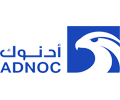







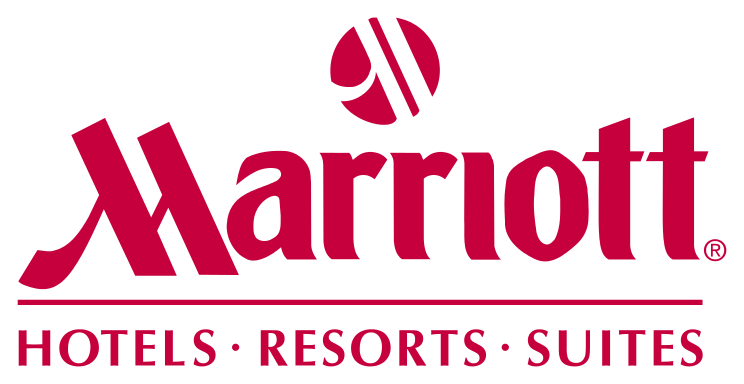

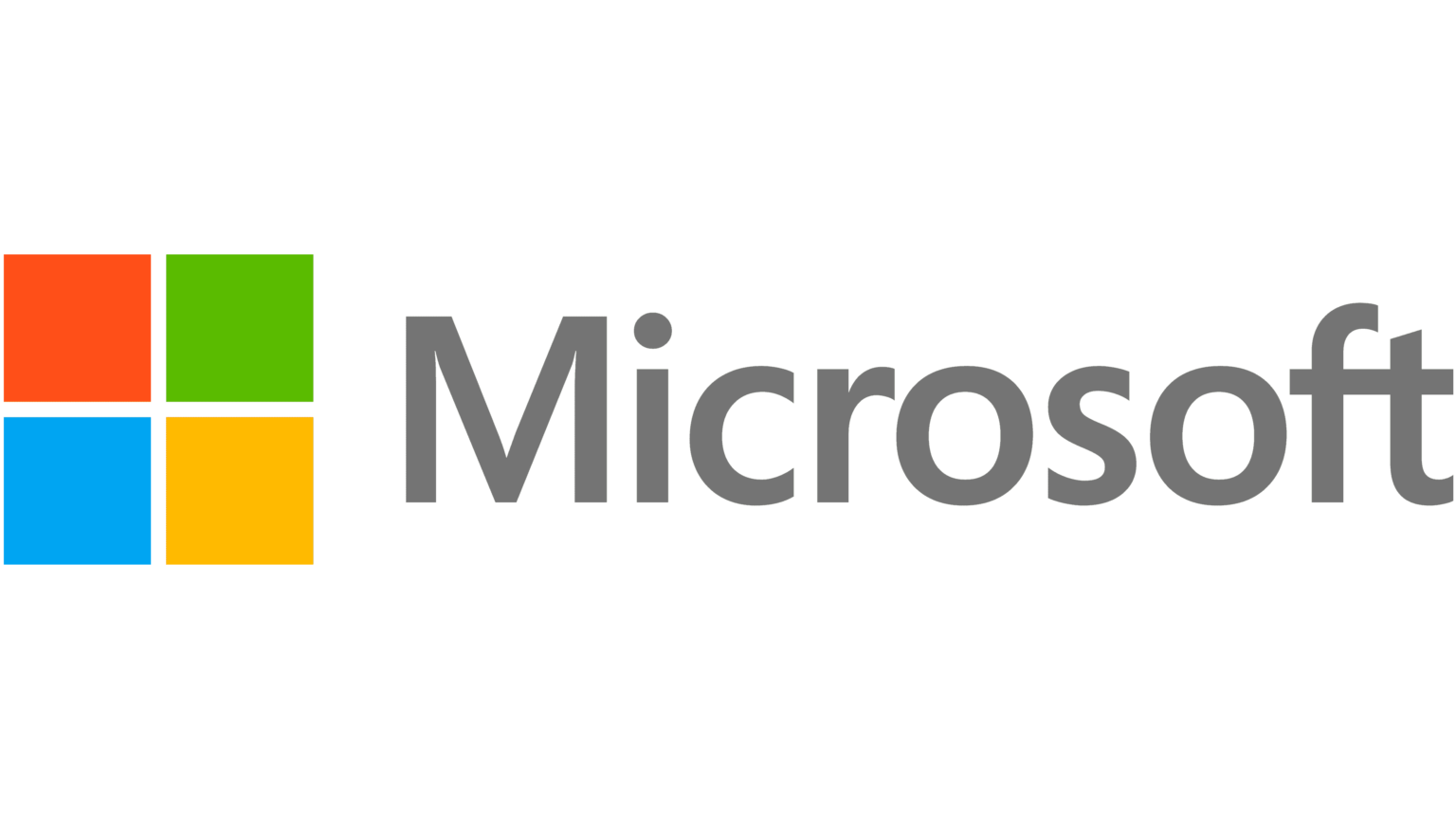



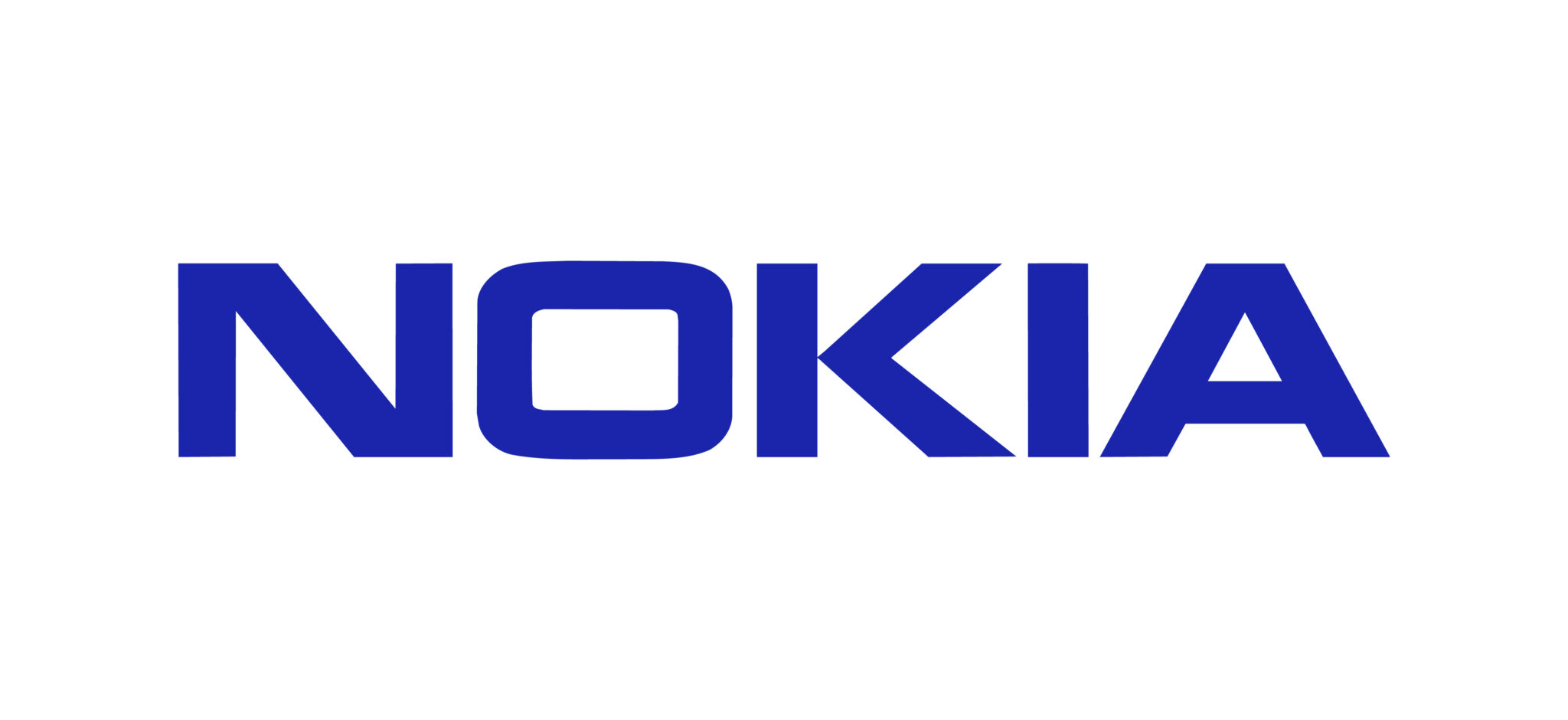
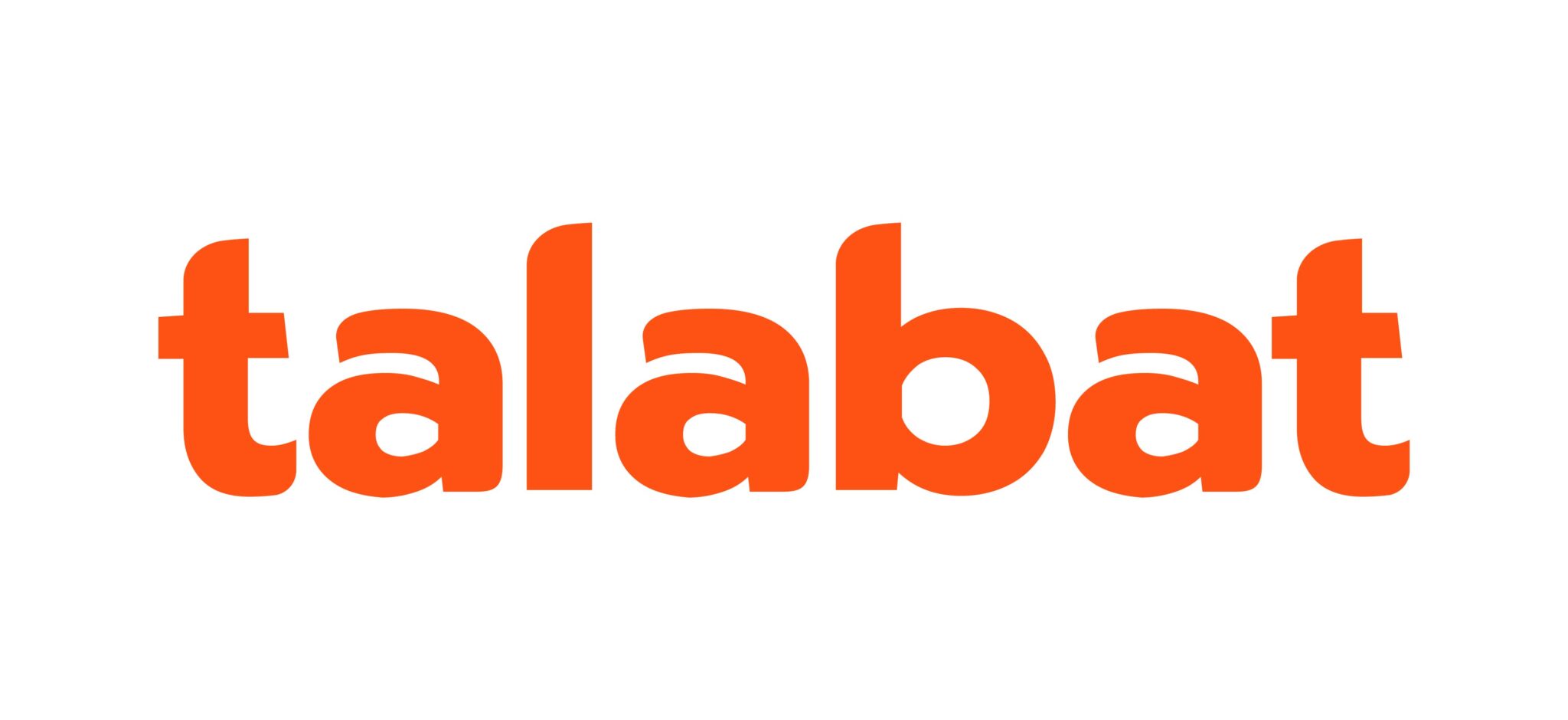
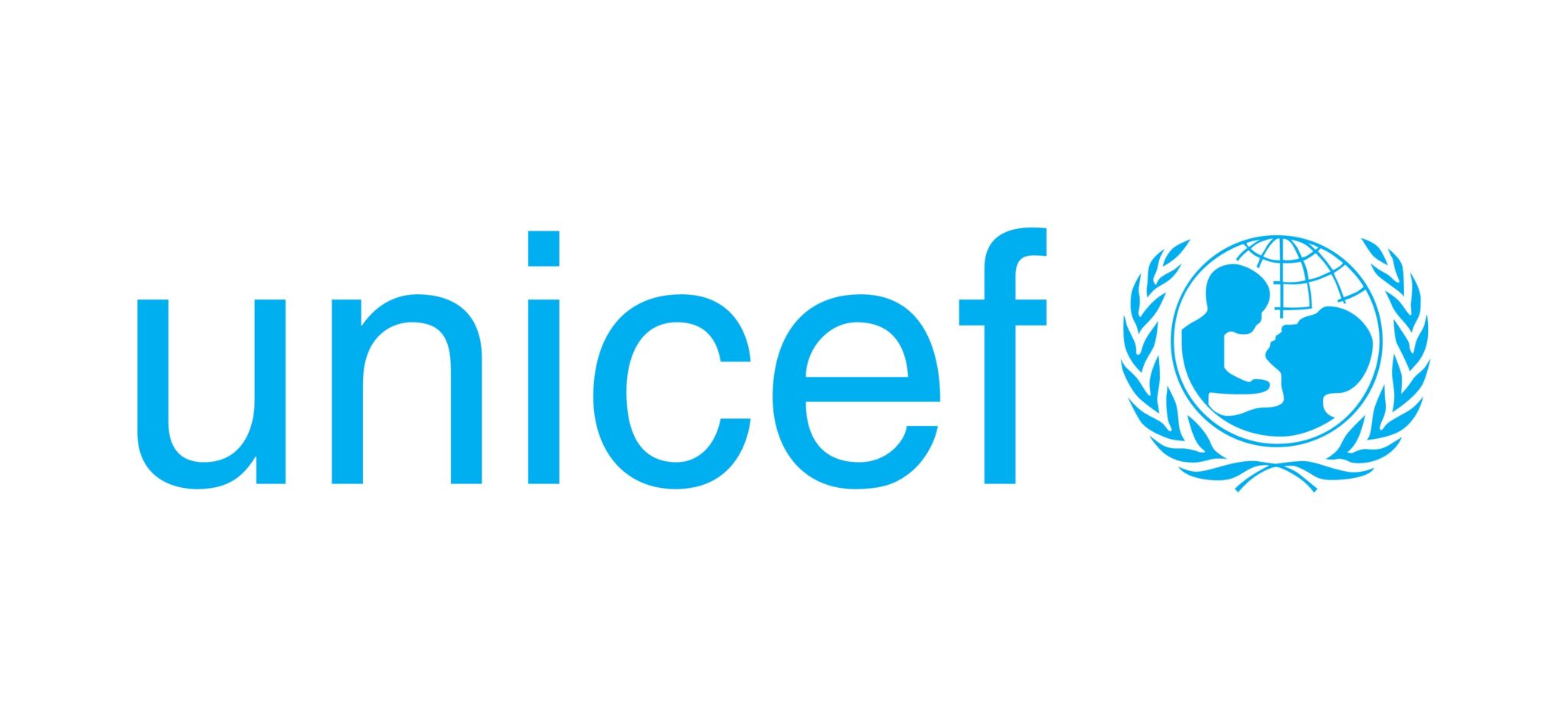



In-depth Knowledge of Your Field
Increased Opportunities
A Higher Earning Potential
Reputation and Credibility
Better Networking Skills
Keeps You Competitive
If you’d like to gain the complete skill set to succeed in today’s business world, this is the area for you.
University of Woolf – Exeed College follows an assignment-based assessment approach, and the student needs to submit an assignment after each module.
Applicants must have attained the following qualifications:


Maria is a dedicated academician with over a decade of experience in teaching both postgraduate and undergraduate students. With a robust background in quality assurance and compliance, she has completed her CPD UK qualification in quality management and system auditing, reinforcing her expertise in ensuring academic and operational excellence.
Previously, Maria served as Head of the Department (HOD) and Controller of Examinations (COE) in renowned universities, her roles underscored her leadership in academic administration and commitment to quality standards. Her professional journey includes experience as an Audit Associate at Ernst & Young, bringing a comprehensive understanding of financial and operational audits.
Maria specializes in delivering high-quality education in diverse fields such as Forensic Accounting, Green Accounting, Finance, Taxation, Banking, Insurance, and Net Zero Carbon Neutrality. She is actively involved in student supervision for postgraduate dissertations, demonstrating a strong commitment to nurturing future research professionals.
Her research interests span fundamental in synchronous and asynchronous learning, with notable collaborations with Cambridge University, Harvard Business School, and IIM Ahmedabad on Case teaching methodologies. Maria is passionate about promoting institutional growth through knowledge transfer and professional practices, making significant contributions to both academic and practical spheres.
In addition to her academic achievements, she is a vocalist and was a national-level hockey player, showcasing her dedication to excellence in both on and off the academic field.

Rajashree is a seasoned professional with a decade of experience spanning both corporate HR and education. Her corporate journey includes key roles at Nissan, GE, and Standard Chartered Bank. Subsequently, she excelled as a school centre head for over eight years, demonstrating expertise in curriculum development. Currently, she contributes significantly to Exeed College as the Associate Head of MBA programs.
With a strong foundation in HR and education, Rajashree has developed a specialized focus on behaviour modification and mindset coaching. She is in the process of obtaining Associate Certified Coach certification from the ICF and actively practices leadership, executive, and mindset coaching.
Rajashree is recognised for her eclectic coaching and teaching approach, with a strong belief in fostering self-efficacy in learning.




Dr. Rekha Shewakramani is a seasoned Human Resource Management expert with a Doctor of Philosophy (PhD). Her research focuses on the correlation between organisational behaviour and employee performance and satisfaction. A distinguished scholar, Dr. Rekha has been recognised with multiple awards for her contributions to HR research and management. In 2019, she was honoured as Researcher of the Year for her impactful presentations and publications.
With a decade of experience in education, Dr. Rekha began her teaching career in the UAE in 2020. She has successfully trained numerous professionals for UK-accredited certifications and courses. Prior to this, she imparted her knowledge to undergraduate and postgraduate students in India. Her rich academic background, including a gold medal in Master of Business Administration and research published in UGC-listed journals, underpins her expertise.
Dr. Rekha's diverse roles as a counsellor, trainer, and research fellow have equipped her with a unique ability to blend theory with practical application in her teaching. In 2022, she became an Associate member of the Chartered Institute of Personnel and Development (CIPD), UK, further solidifying her position as a leading HR expert.

Dr. Vivek has extensive experience managing multicultural, high-achieving teams in higher education domains related to the Middle East, the UK, and the US in terms of strategy, operations, and delivery. He is the recipient of the prestigious Medici Enterprise Award for commercialisation of research (UK) and various GCC leadership and organization awards. He holds a PhD in Business Management (UK) and an MSc in International Business (UK), a Doctorate in Management (Spain), an M.Phil in Applied Leadership (Spain) and is certified in Block Chain from UCLA (US), education design from UCL (UK), Project Management from CMI (UK) and blended learning from UNSW (Australia).
He started his career as an operations consultant and has worked in product development and education design. Dr. Vivek has published and presented papers in international journals and conferences across the globe on topics such as Sustainability, Expatriate Performance and Synchronous online learning. With more than fifteen years of experience in both academia and consulting, he has worked closely with several highly regarded American and British universities on international alliances and digital implementation of higher education programs. Dr. Vivek has consulted for the UK Government (Arts Council, England) and held faculty and researcher positions at Sheffield Hallam University, UK and Leeds Business School, UK. Dr.Vivek has consulted and trained for public institutions and MNCs, including the ICC Cricket Council headquarters, PWC Middle East, Petrofac, Sharjah Co-op and WJ Groundwater.
Suite 704, City Gate Tower, Al Ittihad Road, Al Taawun, Sharjah, UAE
Email : info@exeedcollege.com
Phone : +971 6 531 2511, 6 745 2556
Toll-free: 800 EXEED (39333)